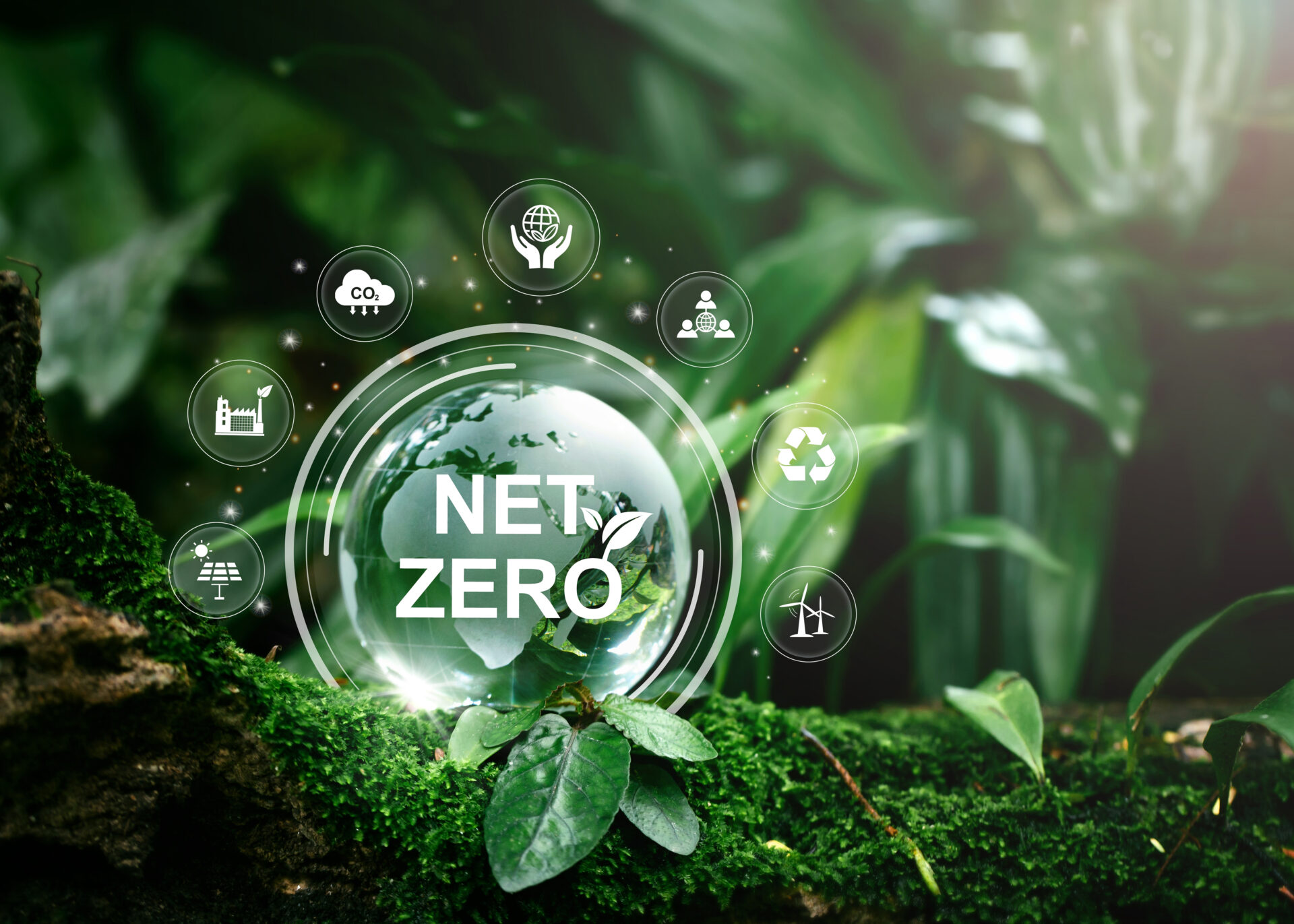The Sustainability, Education and Economic Development (SEED) Center is a FREE initiative offered by the National Council for Workforce Education. Maintaining NCWE’s commitment to ‘workforce education for all,’ the SEED Center aims to advance equitable sustainability and clean technology education programs at community and technical colleges by sharing vetted, inclusive, innovative practices and resources to help college administrators, faculty, and staff meet the changing demands of the clean economy. The Center is managed by a team of higher education experts who vet and curate SEED resources and curriculum.



As the Sustainability, Education and Economic Development (SEED) Center is a FREE initiative offered by the National Council for Workforce Education, we strive to provide our users with up-to-date information and materials. We encourage you to submit resources or open-source curriculum for possible posting on the SEED Center website.
Note: SEED is managed by a team of higher education experts who vet and curate resources and curriculum. Thus, not all submitted materials will appear on the website.
2023 SEED Center website updates funded by Lumina Foundation
©The SEED Center 2024